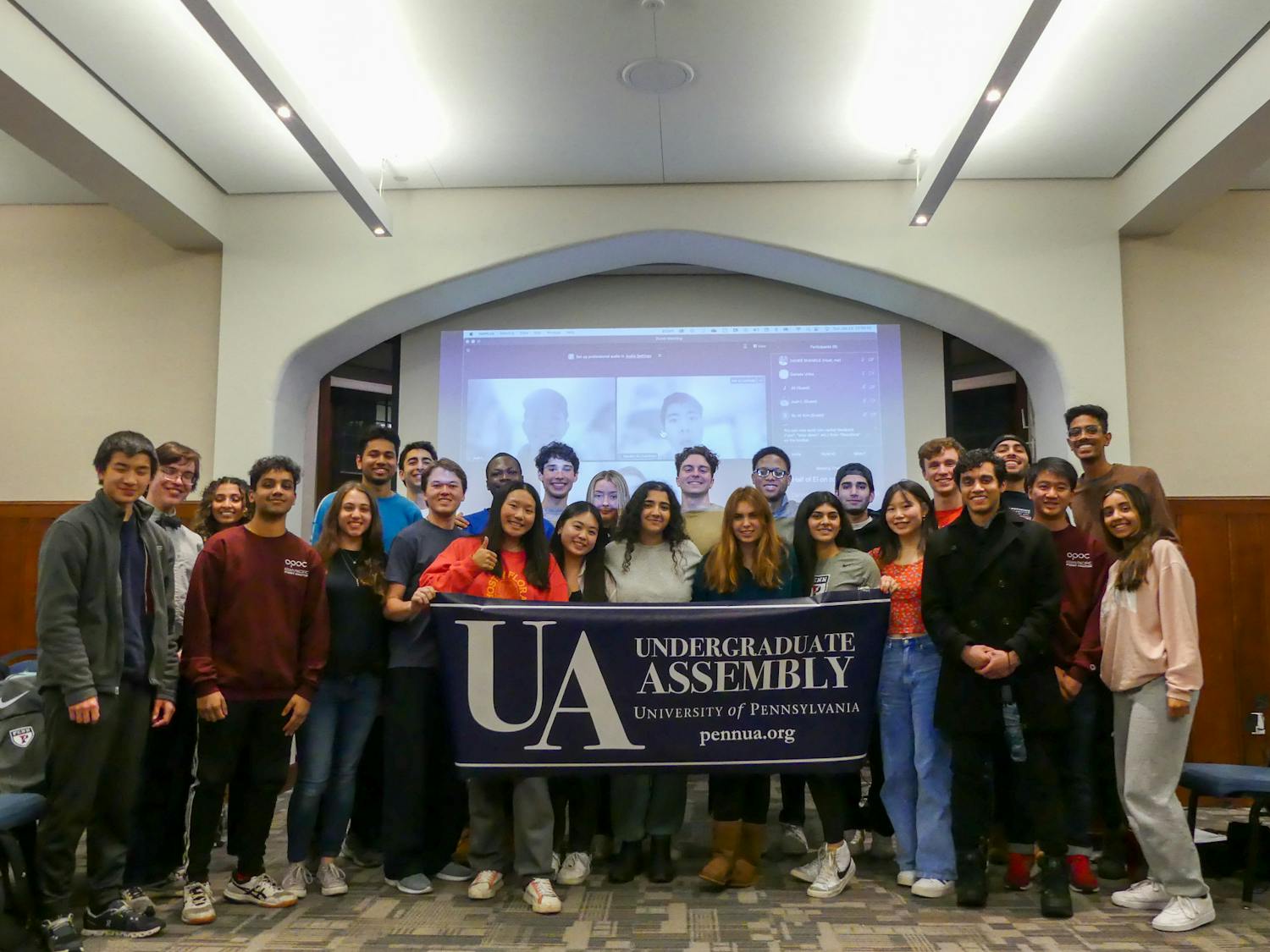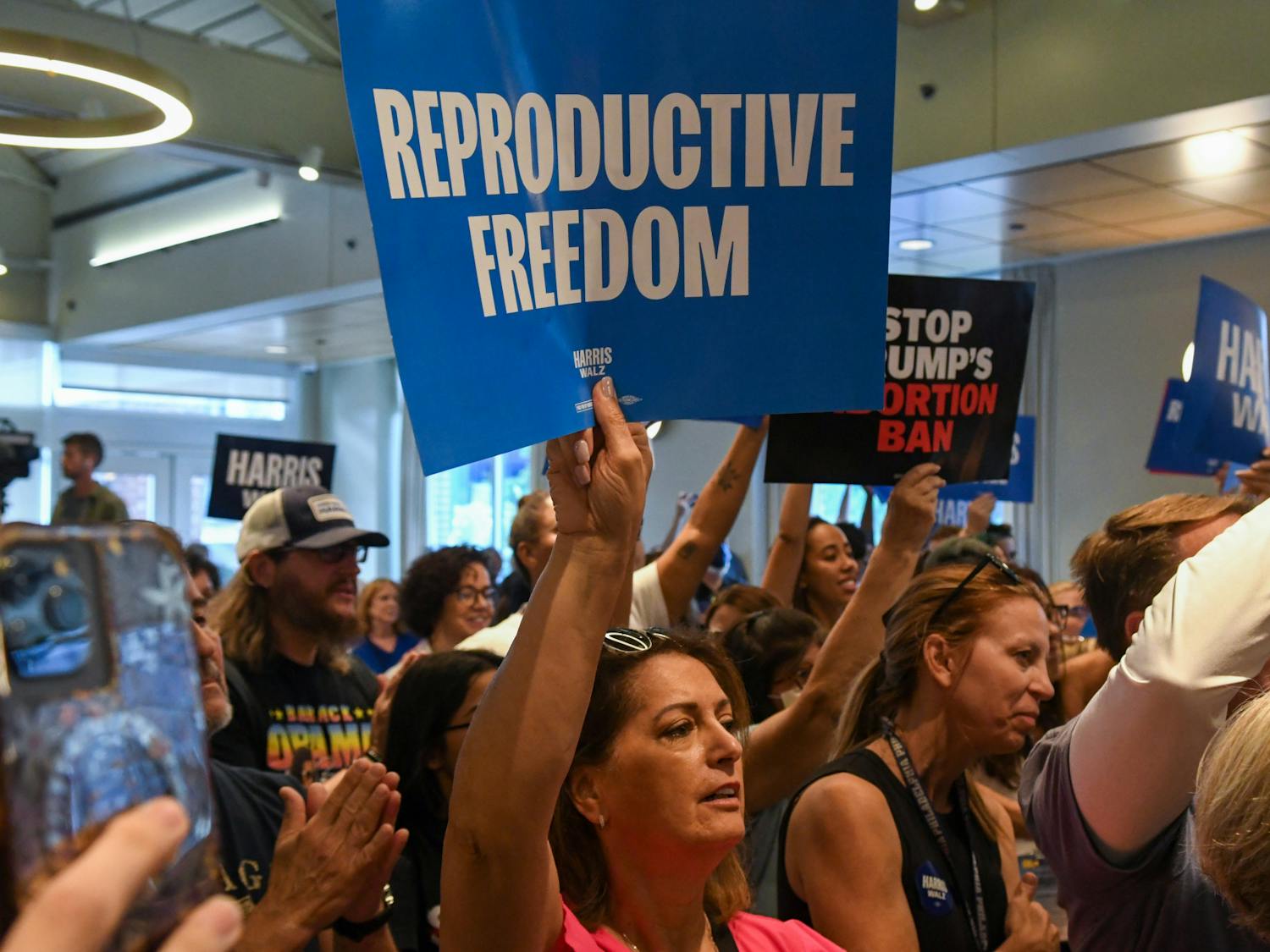Recently, I had a conversation with a current high-school senior about chances and strategies for applying to Penn. She was from my alma mater - a rural public school of 1,600 - and if admitted, would be only the second graduate to break into the Ivy League in more than 10 years.
Our conversation reintroduced me to many of the concerns and obstacles that confront public-school students vying for access to America's elite universities. Furthermore, it inspired me to do a little research on the public-to-private school ratio of Penn's student body.
I didn't like what I found.
According to admissions statistics for the Class of 2012 supplied by Dean of Admissions Eric Furda, roughly 55 percent of accepted students hail from public schools as opposed to 45 percent from private institutions. This is in contrast to a 2007 report by the Center on Education Policy, which determined that over 90 percent of American students are enrolled in public school.
I was surprised by the divide between Penn's freshman class and that same class of high-school seniors. Post-matriculation, domestic members of the Class of 2012 jumped from a population that was 90:10 public to one that was 55:45 public. This is an enormous difference.
There are obviously good arguments to defend Penn's private-school slant. Less than 70 percent of high-school graduates go on to college, and certainly a lower percentage of public schoolers apply to America's elite universities than do private schoolers. International students - included in Penn's public-private statistics - are much more likely to hail from private institutions. Most importantly, private schoolers are, as a whole, simply more qualified than their public-school counterparts.
Even bearing these facts in mind, it's difficult to reconcile the size of our University's public-private school divide. Last year Penn rejected over 19,000 applications. Considering the self-selective nature of the Ivy League applicant pool, as well as the arcane criteria of admissions officers, it's hard to believe that, if the University really wanted to, it couldn't have thrown the door open wider to the public-school crowd.
Penn prides itself on the goal of diversity - each year, the University admits applicants from all 50 states and more countries than I can name - but such a high level of private-school representation naturally leads to a more homogenous student body. Wharton senior Rahul Sharodi shared his thoughts on the numbers: "Accepting more students from public schools would certainly bring a greater variety of perspectives to Penn, shrinking the Northeastern prep-school stereotype that is traditionally overrepresented in the Ivy League."
At my own high school, I spent each day working with peers from radically different walks of life. Vocational students - future farmers and mechanics - still shared most of their classes with college-prep kids like me. I took most of my AP courses in a classroom adjacent to the special-education room. Only about half of the classmates I knew harbored dreams of college, and several were living and working on their own before they were even out of high school.
In short, I spent my high-school career among people with a rainbow's array of ambition and potential.
Penn's high rate of private-school admission is certainly not unusual for a school of its caliber. But lockstep is never an excuse, and if Penn willed it, the Class of 2013 could see its public-private ratio slide more toward a semblance of reality.
With this closing of the gap would arrive fresh viewpoints, as well as students better prepared for life beyond the pearly gates of academia. It would level the field for applicants hailing from schools not traditionally associated with America's university elite and help banish the elitist stigma that haunts Penn and all schools like it.
I believe the University could alter its target public-private school ratio tomorrow - and be all the better for it.
Emerson Brooking is a College sophomore from Turnerville, Ga. His e-mail address is brooking@dailypennsylvanian.com. Southern Comfort runs on alternating Tuesdays.








